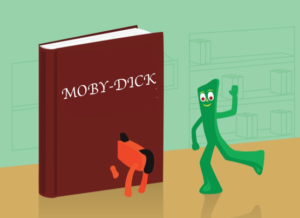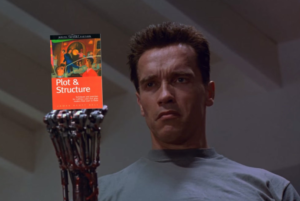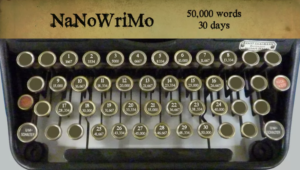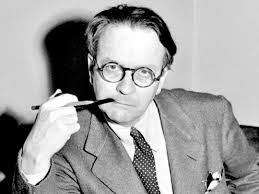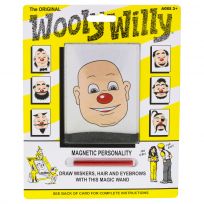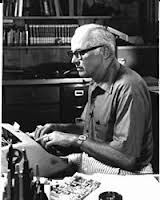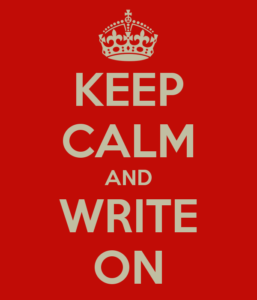by James Scott Bell
@jamesscottbell
 Today’s lesson comes via a Kill Zone first-page critique. It concerns what I call “author voice.” Let’s have a look at the submission and then we’ll discuss.
Today’s lesson comes via a Kill Zone first-page critique. It concerns what I call “author voice.” Let’s have a look at the submission and then we’ll discuss.
A FREE EARTH
James Klass lived alone in space, and you can be sure that he didn’t mind it so much. In his opinion – and his was the only one that mattered for at least a parsec – that dark, empty space was freedom. No distractions, no noise. A guy could hear himself think out there in the black, and James had plenty of time to think.
The only real downside to it all, James often mused, was that he couldn’t really be the one floating freely in space. It was always the ship, or a far-too-bulky space suit enjoying the fresh vacuum. As for James, he was always stuck inside, surrounded by walls of metal and plastic. It was a common topic of discussion between he, himself, and his robot as to what it would be like to be out there, allowing your body to absorb the starlight directly and to feel the touch of cold space on your skin. Death notwithstanding. The robot, Zee, had actually done it a few times, but how could an artificial being truly appreciate that experience? They couldn’t, that’s how.
At the moment, James was as close as he could get, which sadly meant he had his face nearly flattened against one of the only real windows on the ship. He strained his eyes to see the Retriever in action as it slowly grappled the nearby derelict starship, preparing to pull it inside. Sure, he could have watched a large, closeup view of the action via the large holographic cloud display that filled the whole bridge, but it wasn’t the same. It wasn’t real enough. Ever since those kuzon C-Specs came out…
Before C-Specs, holograms were mostly a novelty. They were always translucent, poor reflections of reality, and they rarely mapped well to their environments. There were military applications of course, but the headsets were too bulky and ugly for general use. Then a company called Prakaashan came out with the C-Specs, and the universe changed overnight. C-Specs were thin and light and easy to wear, and even attractive, but more importantly they made holograms that not only mapped perfectly to the real environment, but looked absolutely real.
***
It’s clear from the start that we’re hearing from the author. The phrase you can be sure is direct author-to-reader. So is At the moment, James was as close as he could get, which sadly meant he had his face nearly flattened against one of the only real windows on the ship.
So is the entire last paragraph.
Which makes this page Omniscient POV. Now, Omniscient has a range of “author intrusiveness.” The author’s voice can be muted, as in Dashiell Hammett’s The Maltese Falcon:
Spade sank into his swivel-chair, made a quarter turn to face her, smiled politely. He smiled without separating his lips. All the v’s in his face grew longer.
(Spade can’t see the v’s in his own face, so we know this is Omniscient.)
On the other side of the Omniscient spectrum, the author’s voice can take center stage. This was common in the Dickens era. An author would sometimes address the “Gentle reader,” or give us a small essay on “the best of times and the worst of times.”
Our first page here uses an author voice that is more on the side of calling attention to itself. I assume this is intentional.
So let’s spell out the dangers.
First, these days author intrusion is used almost exclusively in comic novels. Which means the writing has to be funny. Really funny. Which is about the hardest thing there is to do in life. Just ask any standup comic.
Let’s have a look at the opening lines from one of the comic masters, the late Douglas Adams. This is from Life, the Universe and Everything:
The regular early morning yell of horror was the sound of Arthur Dent waking up and suddenly remembering where he was.
It wasn’t just that the cave was cold, it wasn’t just that it was damp and smelly. It was that the cave was in the middle of Islington and there wasn’t a bus due for two million years.
We hear Adams in these lines and, indeed, all the way through The Hitchhiker’s Guide to the Galaxy.
Thus, if A Free Earth is intended to be humorous, the author needs to really go for it, from the jump. Just remember what the old actor said: “Dying is easy. Comedy is hard.”
If this is not a comic space opera, I don’t like hearing an intrusive author voice. It distances us from the main character. Much better would be to use Third Person POV. Write everything from within the head and heart of James.
A second danger for an intrusive author is the temptation to tell us what’s going on. That’s what’s happening here. This page is almost entirely exposition and description. The only action is James looking out the window at a spaceship retrieval. But that’s only one line, and then we’re back to exposition.
My suggestion: Start with James looking out at the retrieval, then extend the action. I was intrigued by this line: It was a common topic of discussion between he, himself, and his robot as to what it would be like to be out there, allowing your body to absorb the starlight directly and to feel the touch of cold space on your skin. But instead of telling us this, give us the scene! Thus:
James Klass flattened his face against the window of the ship. He strained his eyes to see the Retriever in action as it slowly grappled the nearby derelict starship, preparing to pull it inside.
“It looks cold,” Zee said.
James whirled around and glared at his robot. “What do you know about it??
“I have been outside,” Zee said.
“But you have no skin!”
“I am sensing tension in your voice, James. Perhaps you would like your evening dose of Darnitol now?”
Now we have action and conflict. All the explanatory stuff can be dribbled in as we go along.
Act first, explain later.
So, writing friends, if you are determined to use author voice, understand that it is the nitroglycerin of POVs––one false move and it could blow the whole story up.
Now it’s your turn. What other suggestions to you have for the author?

